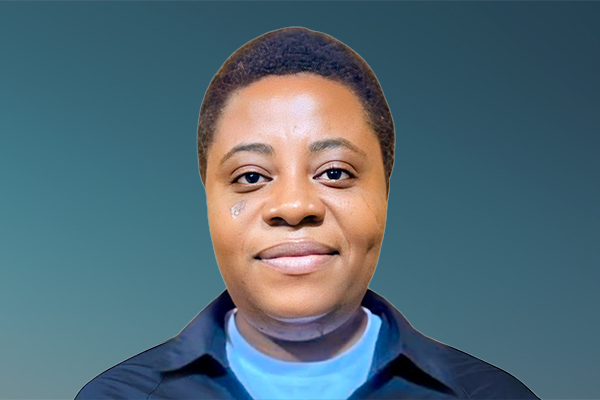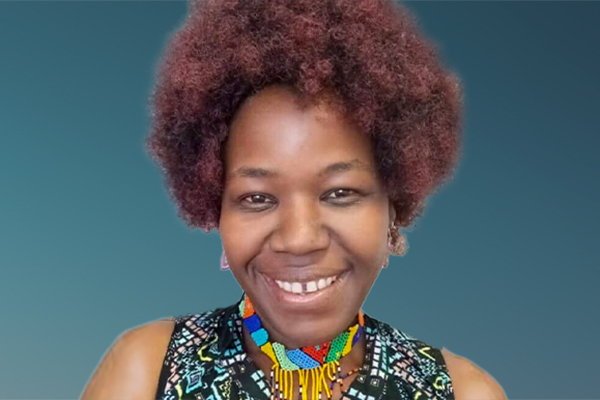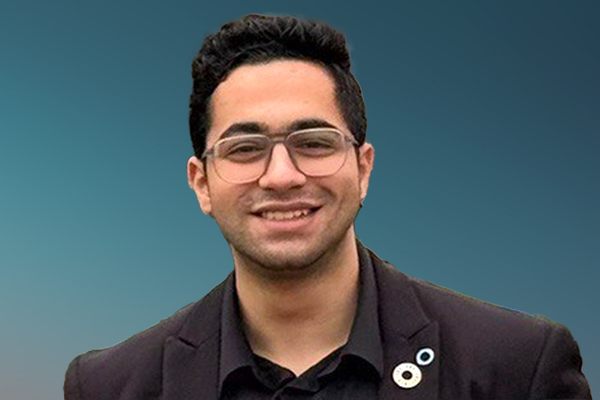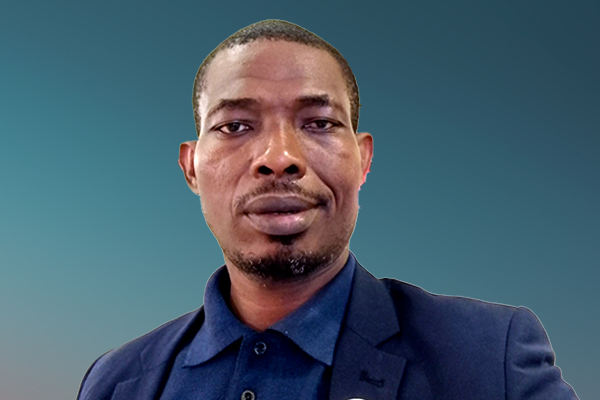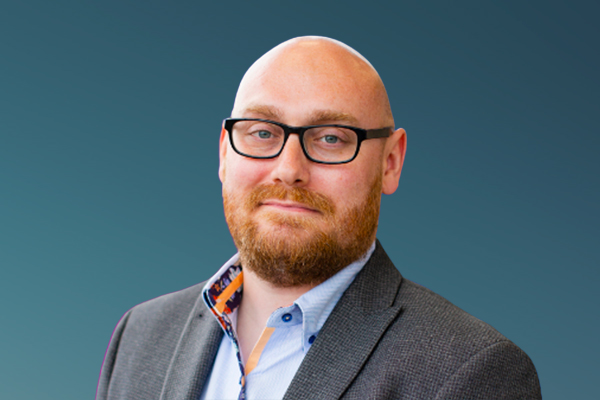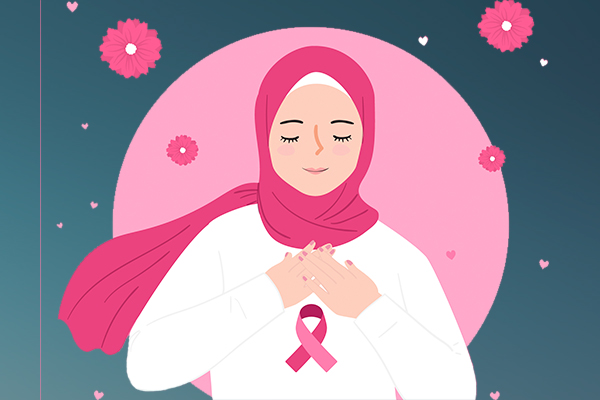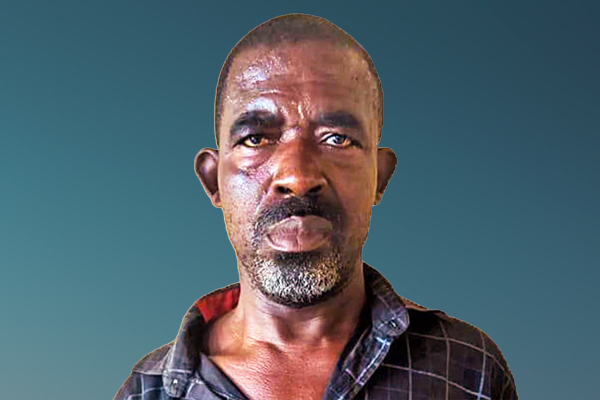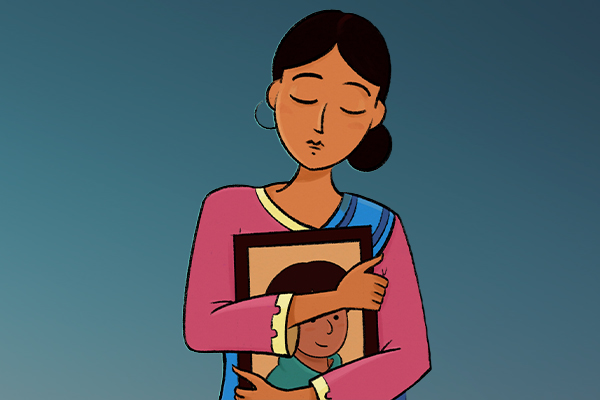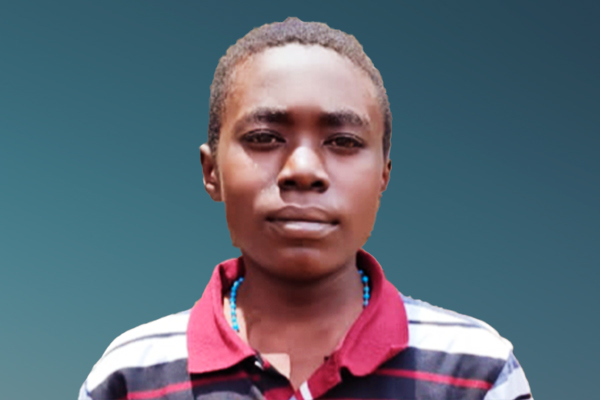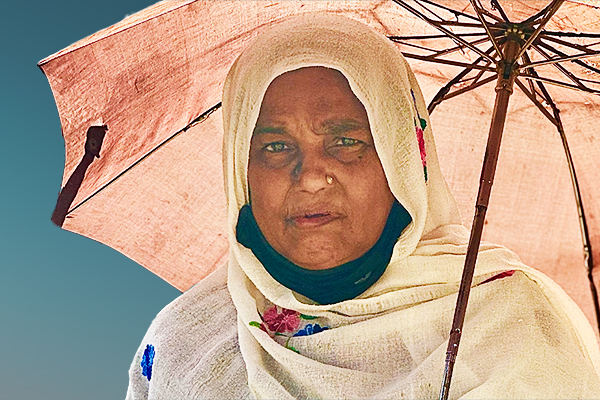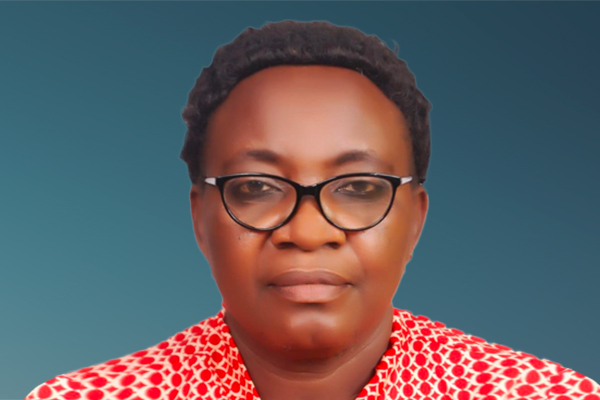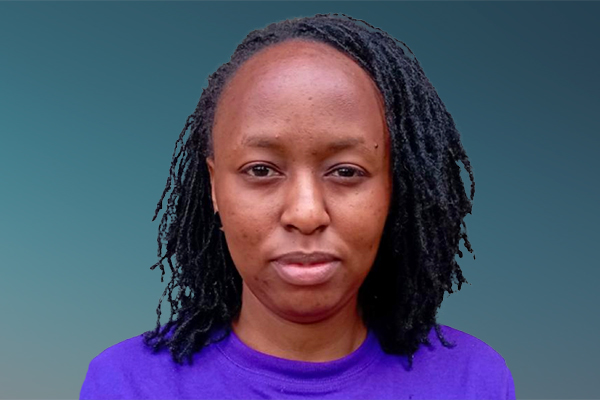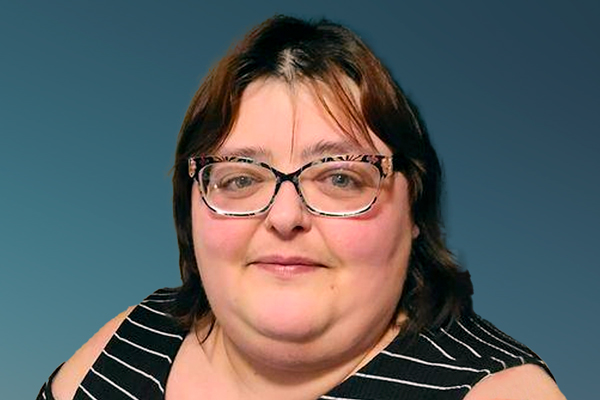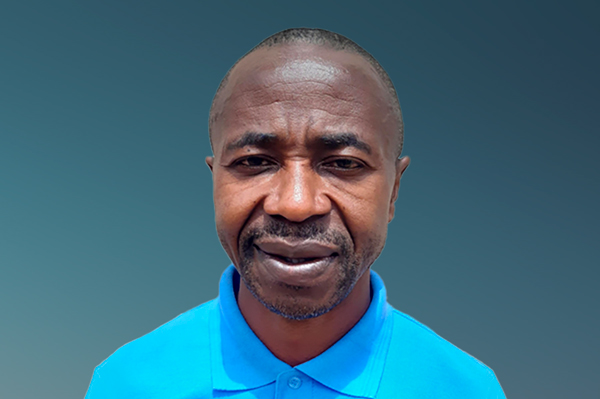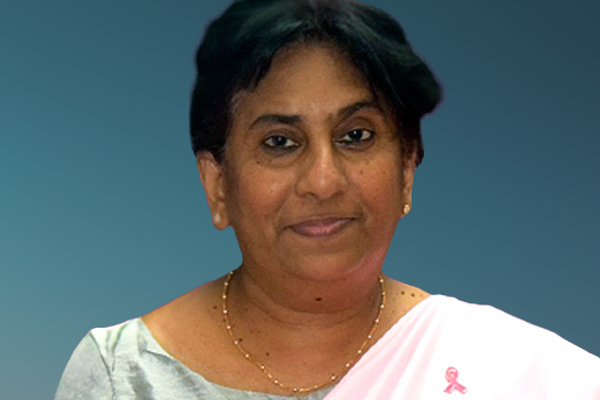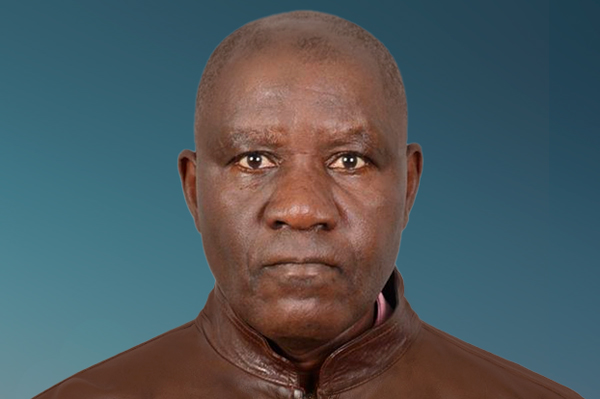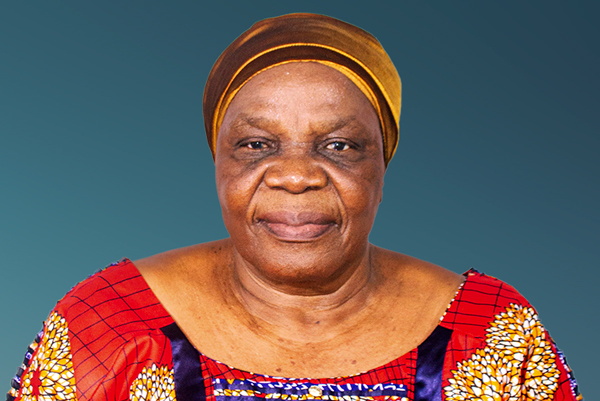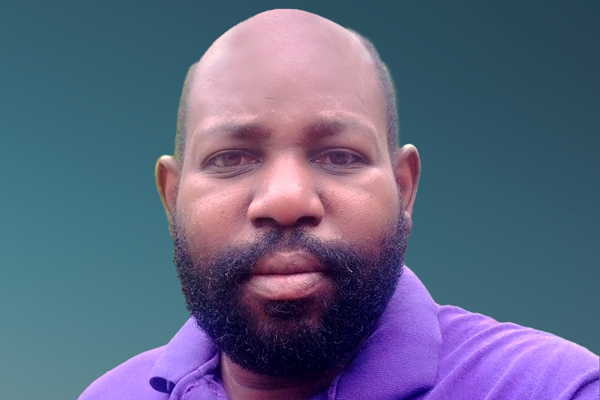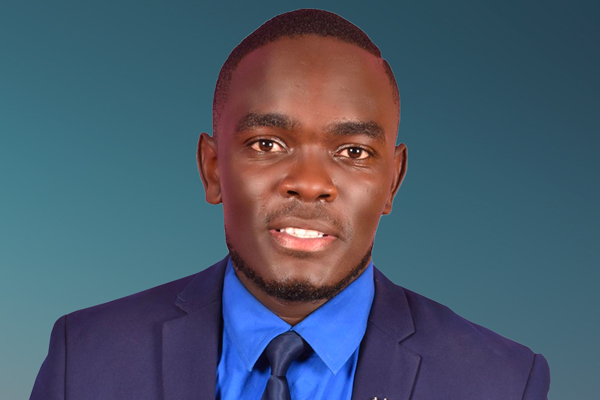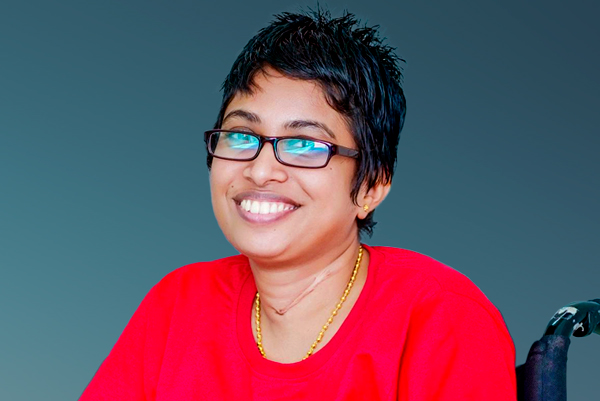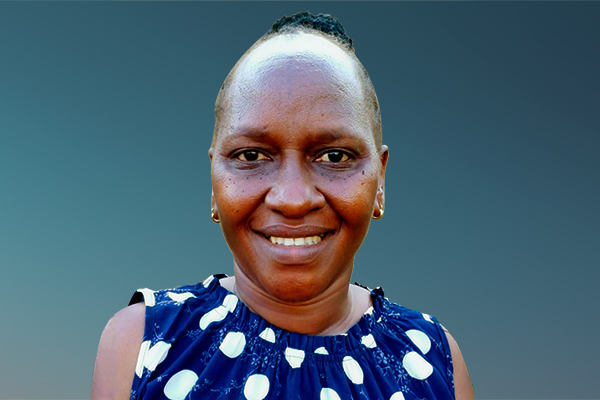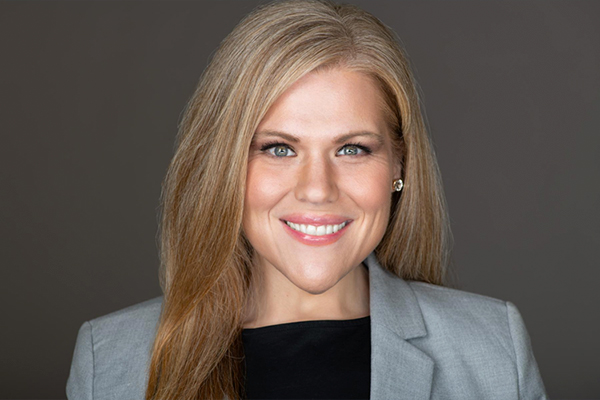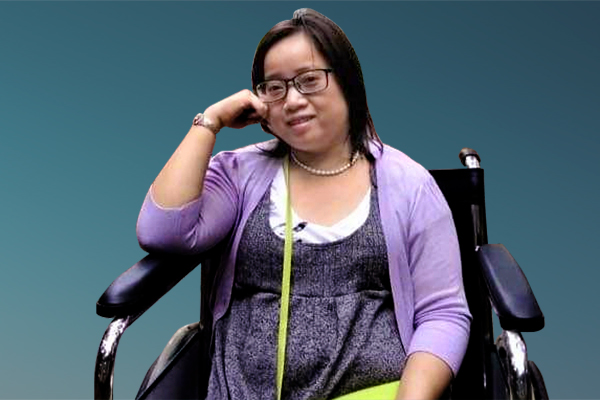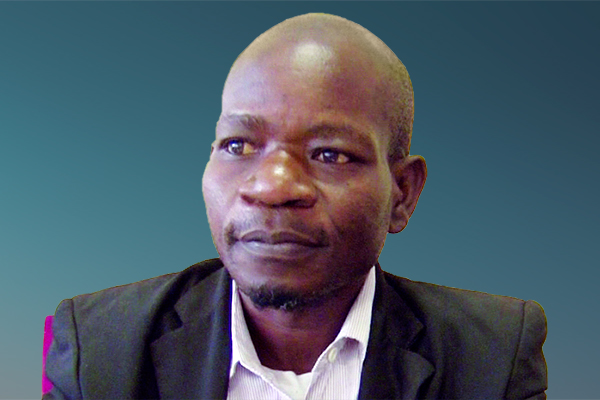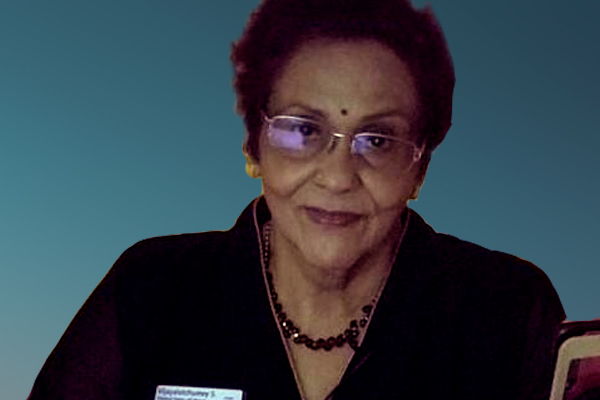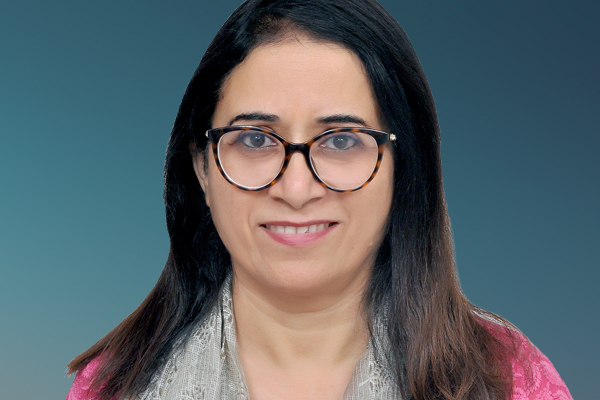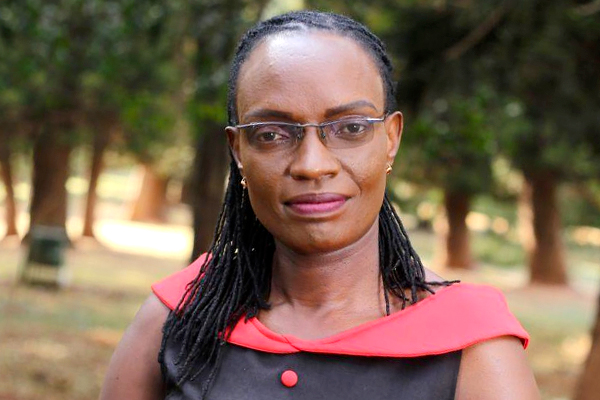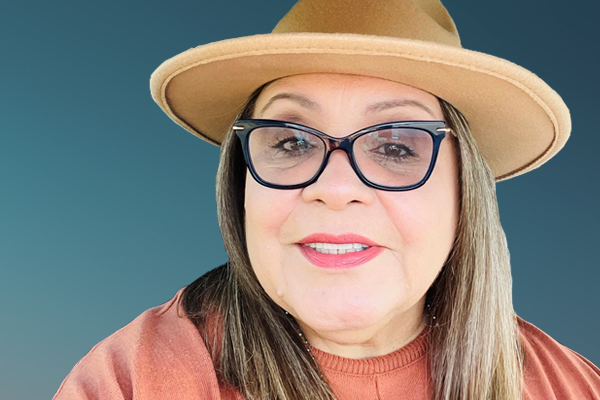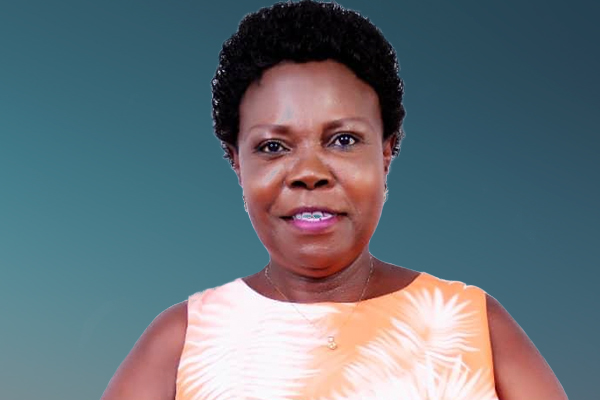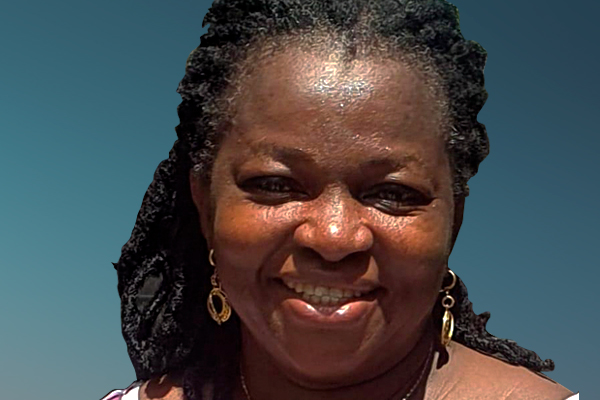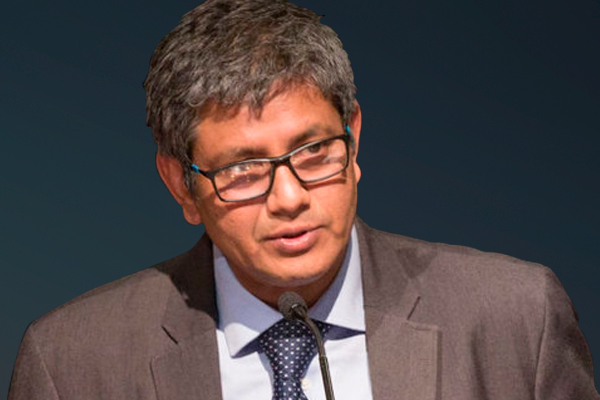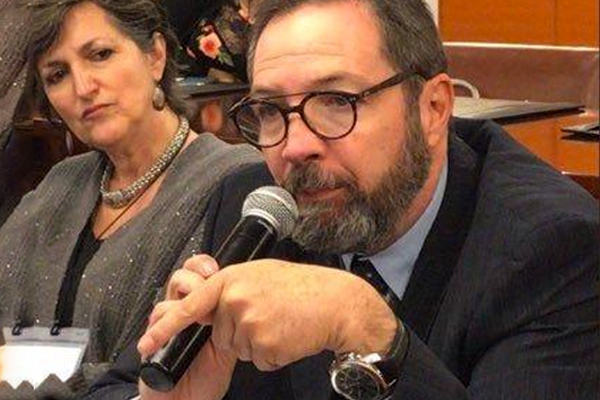My name is Amber Huett-Garcia and I'm from the United States.
I'm sharing my diary because I believe the lived experiences of people affected by obesity matter most in reducing bias and driving global change for affordable treatment, care, and support.
5 October 2021
An investment worth making
I was 101 lbs in kindergarten, coming from generational obesity. Now in adulthood, despite reducing my BMI from 69 to 24 (245 lbs lost), I still carry the expensive diagnosis of obesity. I’ve used pharmacotherapy, surgical interventions, mental health care, and more to achieve the combination of treatment needed to maintain healthy body weight, but not without cost. From self‑paying $14,000 for my first bariatric surgery in 2009, the bills have continued as other needs have surfaced. With obesity, the financial impact is unending, but I do know one thing: I am worthy of care.

Amber Huett-Garcia at her high and low weight from 2008 to 2021. Obesity is an NCD that progresses over time without medical intervention and lifestyle changes. Access to affordable medical interventions would help more than 650 million people affected by obesity globally.
5 October 2021
The costs continue
I have exceptional employer-based health insurance that covers the treatment of obesity. In 2021, my total healthcare costs to my insurance were $143,927. I paid $1,723 out‑of‑pocket on top of my $2,298 in total premiums for family coverage. Still, this isn’t my most expensive year to date. The CDC estimates the annual medical cost of obesity in the U.S. was $147‑billion in 2008. Medical costs for people living with obesity were $1,429 higher than those without. The impact of obesity on my body and budget is‑unending.
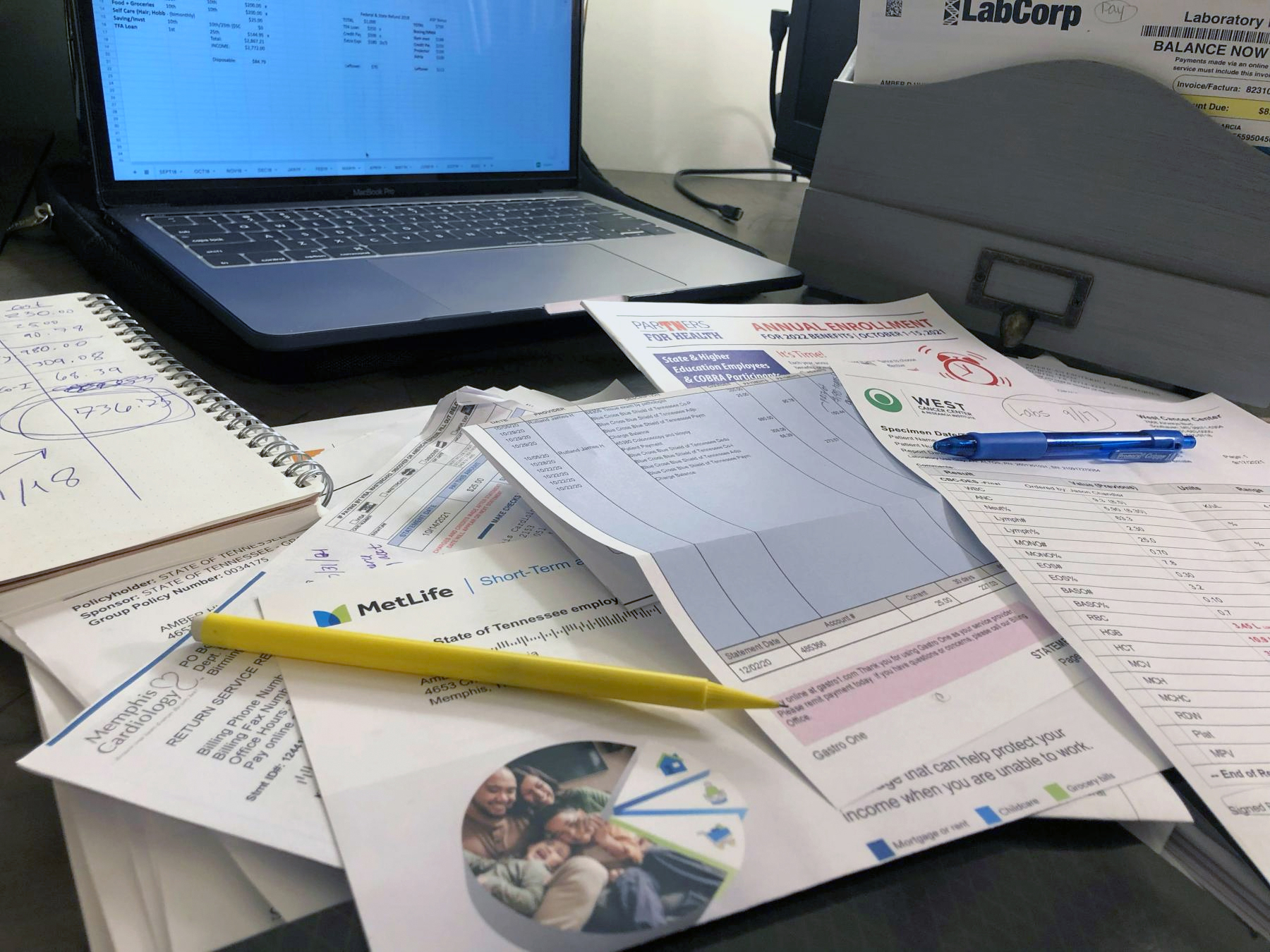
There is a constant pile of medical bills related to treating obesity and monitoring my health. It takes a lot of hard work to balance a budget for a family that needs a lot of healthcare.
5 October 2021
NCD communities should unite for care
People living with obesity continue to advocate for U.S. government‑led insurance (Medicare) for affordable obesity care, including anti‑obesity medications. Currently, Medicare has zero anti‑obesity medication coverage, leaving our most vulnerable without access. An estimated 33% of Medicare recipients have diabetes, with excess weight being the highest risk factor in type II (90-95% cases). Out‑of‑pocket costs quadrupled between 2007 and 2017 to $984 million for people living with diabetes who were on Medicare. Unaffordable obesity treatment ripples through our health and economy, and a coalition of voices living with NCDs keeps asking: why must we be sick before we get treatment?
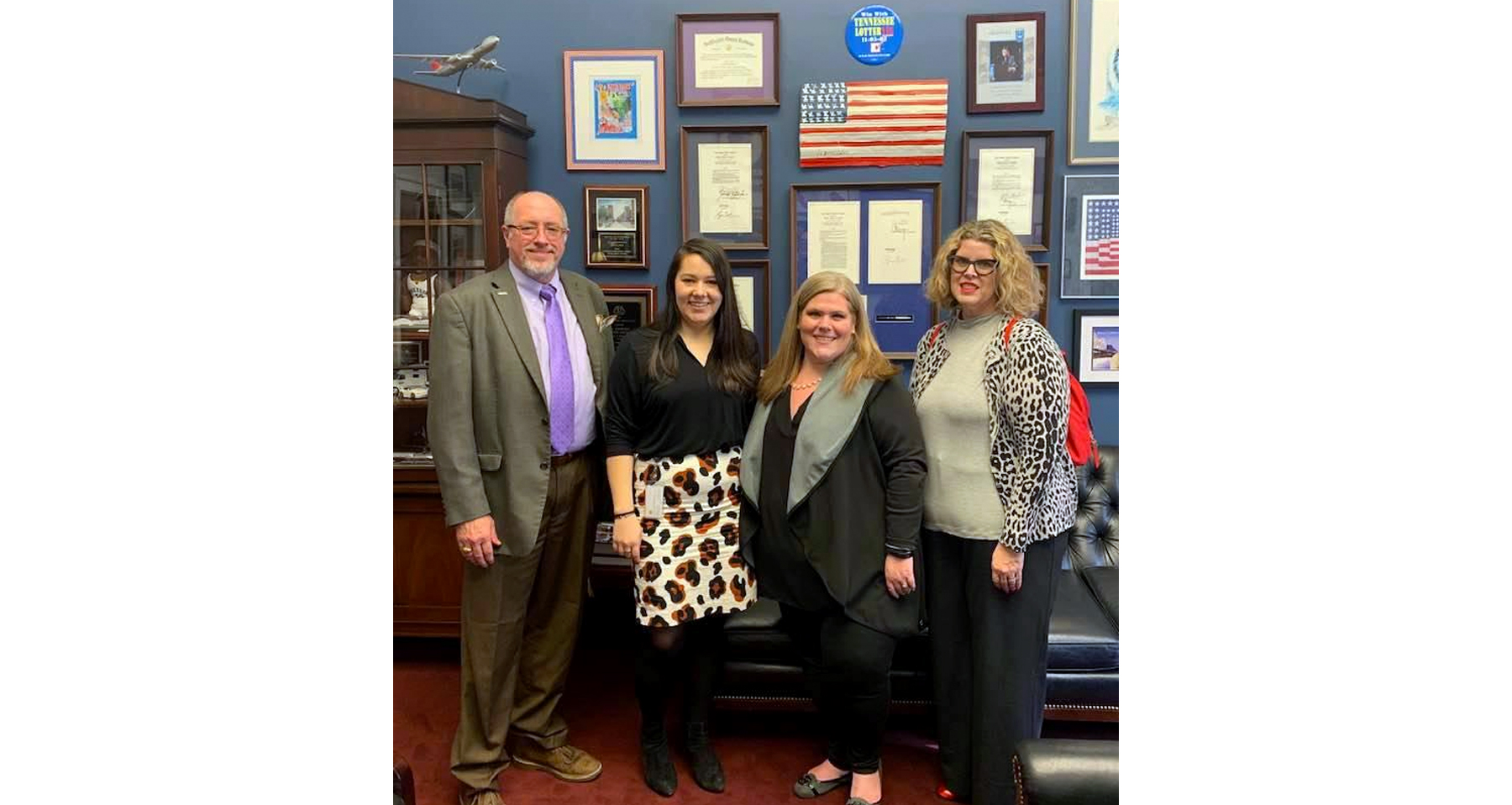
Pictured is the last in‑person advocacy efforts done in Washington D.C. in February 2019 where I visited my member of Congress’ office urging support for the Treat and Reduce Obesity Act (TROA) to be passed. We are members of the Obesity Action Coalition (OAC) National Board of Directors (United States) and the Global Obesity Patient Alliance (GOPA), which are both members of the World Obesity Federation (WOF). We are in a member of the U.S. House of Representatives Office meeting their health liaison.
5 October 2021
Our stories matter
Bias contributes to insufficient care and care avoidance. This puts people living with obesity at‑risk to develop additional NCDs. Coverage for treatment, like bariatric surgery for obesity, is inconsistent with roughly 40% of the U.S. population lacking coverage. Surgery is the most effective obesity treatment available, reducing healthcare costs an average of 29% within 5 years, and contributing to the remission of other NCDs at staggering rates: 92% of type II diabetes, 75% of hypertension, and 58% of cardiovascular disease. It saves lives and money, but all treatments for any NCD care should be affordable and universal.
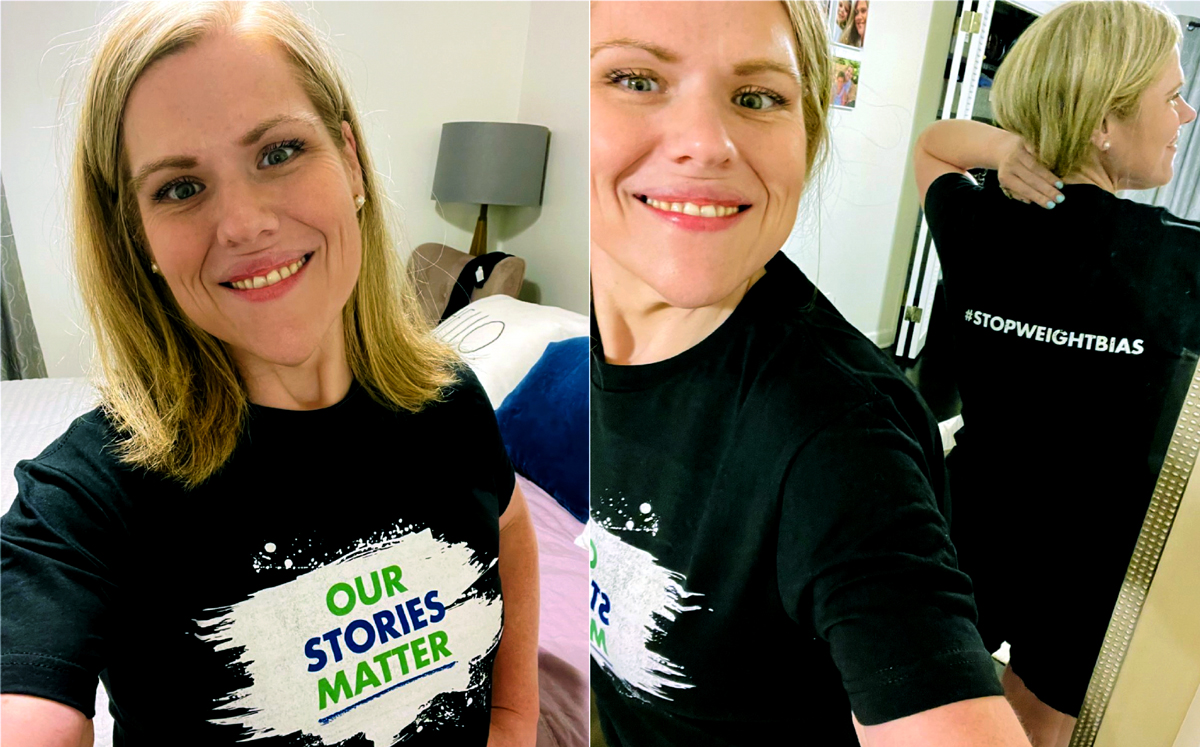
Amber Huett-Garcia taking part in the Stop Weight Bias campaign (stopweightbias.com) and wearing a campaign shirt that captures the essence of how we reduce weight bias – telling our story. Bending the cost curve for affordable, universal care will mean creating a patient-inclusive system that takes a generational view and not a short‑term strategic plan that sacrifices the quality of life.
5 October 2021
Affordable healthcare is a human right
To ensure all people living with NCDs have affordable healthcare, we must:
- Call for action to ensure that insurance plans pay for the treatment of a wider range of conditions, including obesity, by covering comprehensive science‑based interventions.
- Call on decision-makers within the health system to listen to and amplify the voices of people affected by NCDs to break the asymmetry of quality and affordability.
- Call on decision-makers within the health system to eliminate medical bankruptcy by structuring the system around people’s need for care and not their ability to pay.
Healthcare is a human right. The lives of people living with NCDs depend on it.
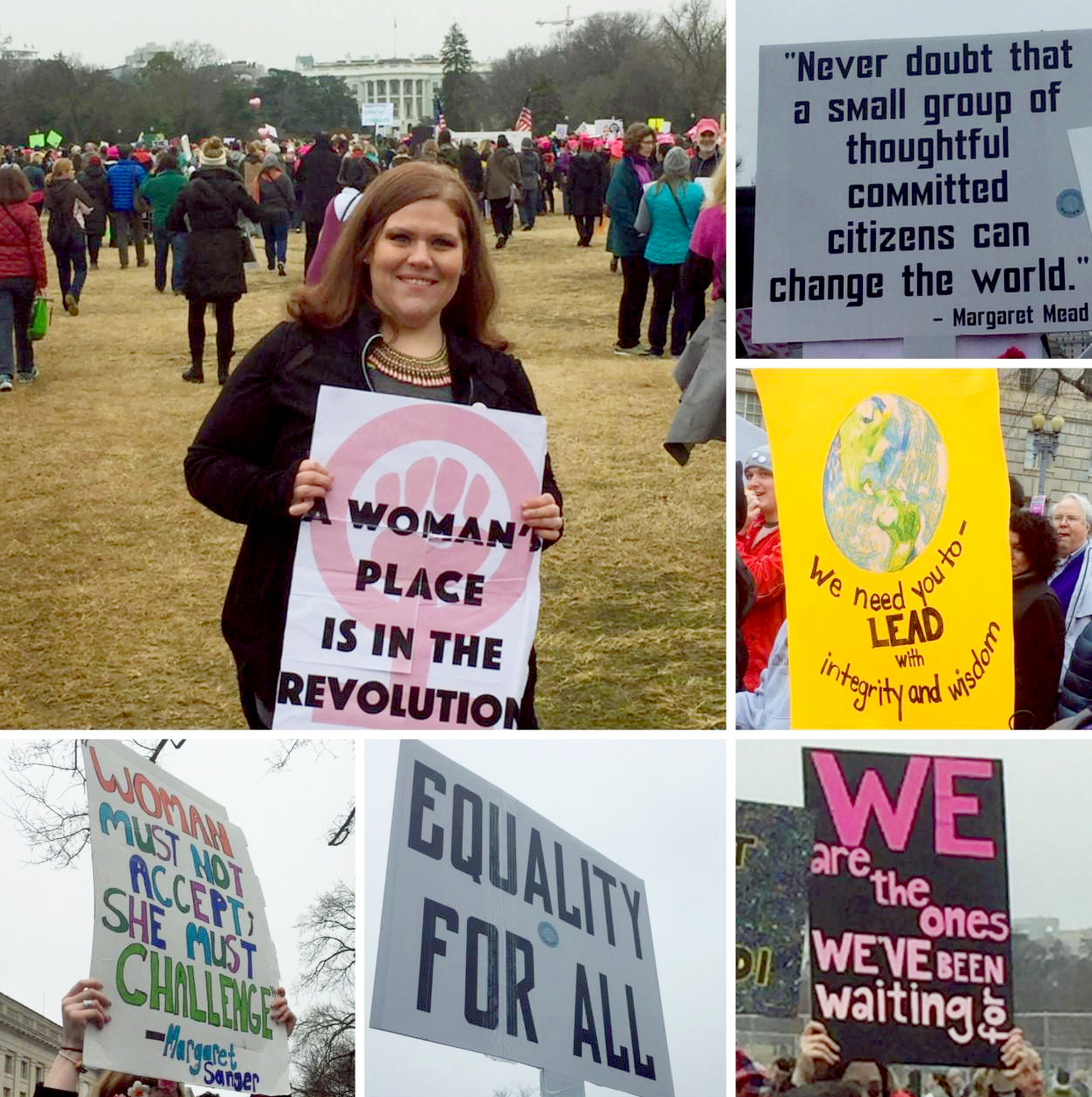
The photo shows a compilation of my original images in attendance to the March on Washington D.C. in 2017, including me photographed with the White House in the background. It’s my belief that people impacted by NCDs, including obesity, will be the spark that lights the change globally on what decision‑makers prioritize on affordability and accessibility in healthcare. I frequently make the joke that I am going to accidentally plan a march over obesity care.
NCD Diaries
I'm sharing my diary because I believe the lived experiences of people affected by obesity matter most in reducing bias and driving global change for affordable treatment, care, and support.
Amber Huett-Garcia, lived experience of obesity, United States
About NCD DIARIES
The NCD Diaries use rich and immersive multimedia approaches to share lived experiences to drive change, using a public narrative framework.



